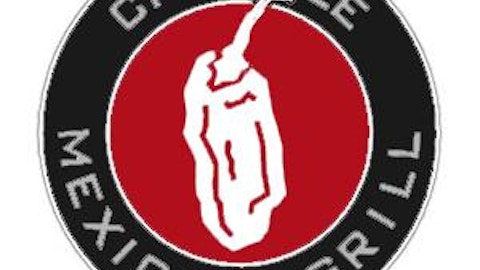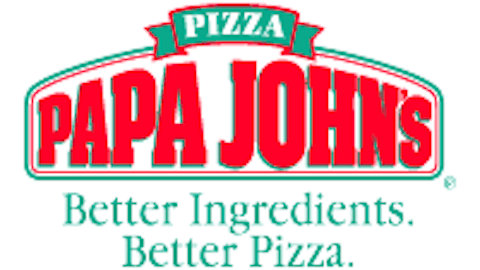The advent of fast food was an amazing breakthrough for consumers in decades long gone by. People no longer had to spend the time to prepare meals every day. Like washing machines, dishwashers, microwaves, and other time-saving innovations, the ability to grab a quick burger and fries saved time and effort, and smoothed the growing transition as more people entered the modern workforce.
Of course, for many years the healthiness of fast-food fare — and other consumer habits — didn’t bubble to the front of consumer thought. Once upon a time, not only did people gobble up Big Macs with abandon, but they also regularly smoked cigarettes in restaurants and everywhere else. Some may remember the little aluminum ashtrays on tables at fast food joints, and the lingering, socializing, and smoking that customers engaged in after their quick meal. Such behavior was later relegated to one section of each restaurant. Eventually, all restaurants became smoke-free as times — including consumer demand and government regulations — changed.
That’s just an example of behavioral issues and industry evolution, and it ultimately didn’t hurt its business as times changed. However, the traditional fast-food business is currently undergoing another huge health-related change, and it’s a very serious disruption to the core business. The quality, healthiness, and appeal of food poses a threat to old-school fast-food companies’ brands.
Investors need to shop very, very carefully.

Fast food’s identity crisis
We can blame McDonald’s Corporation (NYSE:MCD) recent weakness in stock price and business on all kinds of theories. Maybe it’s tough comparisons to all those years when the fast-food giant was absolutely on fire. Maybe it’s a difficult transition from now-retired turnaround pro, former CEO Jim Skinner, to his successor, Donald Thompson.
However, maybe a huge part of the problem is continuing momentum toward quick-service restaurants with more upscale images or brands. For just a little more money, consumers can get a quick meal that’s a bit healthier or includes fresher, whole ingredients at restaurants such as Chipotle Mexican Grill, Inc. (NYSE:CMG), Panera Bread Co (NASDAQ:PNRA), and Noodles & Co (NASDAQ:NDLS).
If the real problem is the latter, it’s one of the most difficult things to tackle in consumer psychology. A brand perceived as inferior to others is very tough to reverse. It could also have very negative long-term effects. Classier reps may very well be winning the day, despite fast-food companies’ best efforts to evolve.
McDonald’s Corporation (NYSE:MCD) recently decided to discontinue its Angus Burger, which was meant to attract a different kind of burger consumer with an upscale, higher-quality option on the menu. It’s a great idea in theory, but not enough people were willing to shell out more cash for the burger. Obviously, it didn’t resonate with customers or fit with McDonald’s Corporation (NYSE:MCD) brand.
Will people eat burgers fashioned of Angus beef? Sure they will. Obviously, though, McDonald’s Corporation (NYSE:MCD) showed that some fast-food companies simply aren’t the appetizing environment for that kind of “higher end” fare. It’s also gotten rid of some of its salad selections, too.
Fast food companies won’t give up trying to improve their brand images, though. Yum! Brands, Inc. (NYSE:YUM)‘ KFC is trying to spiff up its image as we speak. It plans an experimental new concept, KFC Eleven. Rumor has it that this new “upscale” test store will give Colonel Sanders a pink slip, instead focusing on healthier variations on its fried chicken. According to a job description that’s floating around the Internet, this experiment is part of a drive to “transform how people think about the brand,” and will use menu items such as “flatbreads, sandwiches, salads, and soup bowls” in lieu of big buckets of Kentucky Fried.
Another Yum! Brands, Inc. (NYSE:YUM) concept, Taco Bell, is ditching kid-centric meals due to their lack of traction at the chain. (Kids offerings that include toy lures tend to be frowned upon by consumer advocates anyway .) Although this doesn’t directly relate to upscaling the chain, it also may speak to the idea that Taco Bell is likely most popular with young adults who are less concerned about health and classiness and more concerned about beer money than higher quality food money.





